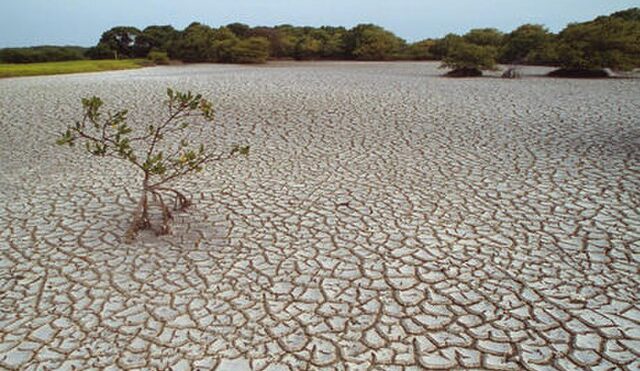If you live on a Gauteng smallholding, at least, you can be forgiven for having the feeling that the last four months of 2023 were exceptionally dry.
For they were, in total, by far the driest early part of the summer rainfall season for at least ten years.
Put another way, just when you had become accustomed to reasonable early summer rainfall, along comes 2023 with a paltry 180mm. The four years prior (2019 to 2022) recorded rainfall exceeding 400mm between September and the end of December each year. 2023’s total was considerably less, even, than 2018 (233mm) and 2016 (237mm), the previous two driest years in the past decade.
Heatwaves
Not to mention that those four months were also characterised by extreme heatwaves in southern Africa, Gauteng included.
If you don’t record your own rainfall totals there are other ways you may have noticed that point to dry conditions. A quick look at your ungrazed pasture may have revealed scant growth of the grass species. That may have been accompanied by more vigorous growth of the other plants (aka weeds) that spring up among the grasses. But, during the spells of extreme heat you may also have noticed that even these hardy, drought-resistant plants were wilting quite noticeably.
Smaller fodder harvests
Very dry summers, especially in the early season, mean that fodder growers, particularly those growing under dryland conditions, will have markedly smaller harvests this year.
Smaller fodder harvests mean that those smallholders feeding their horses and livestock face higher prices for bales in the coming winter.
Increased transport charges
Not to mention that these higher prices may be driven by shortages of fodder bales from farms close by. This further increases the costs of fodder as higher transport charges become necessary because of the greater distances involved in bringing the fodder to Gauteng.
Sound advice, therefore, is to start stockpiling fodder now while stocks are still available, even if these are last year’s crop.
Main image: A dried-up lake bed. Credit: TNSE UMA TVM, via Wikimedia Commons

